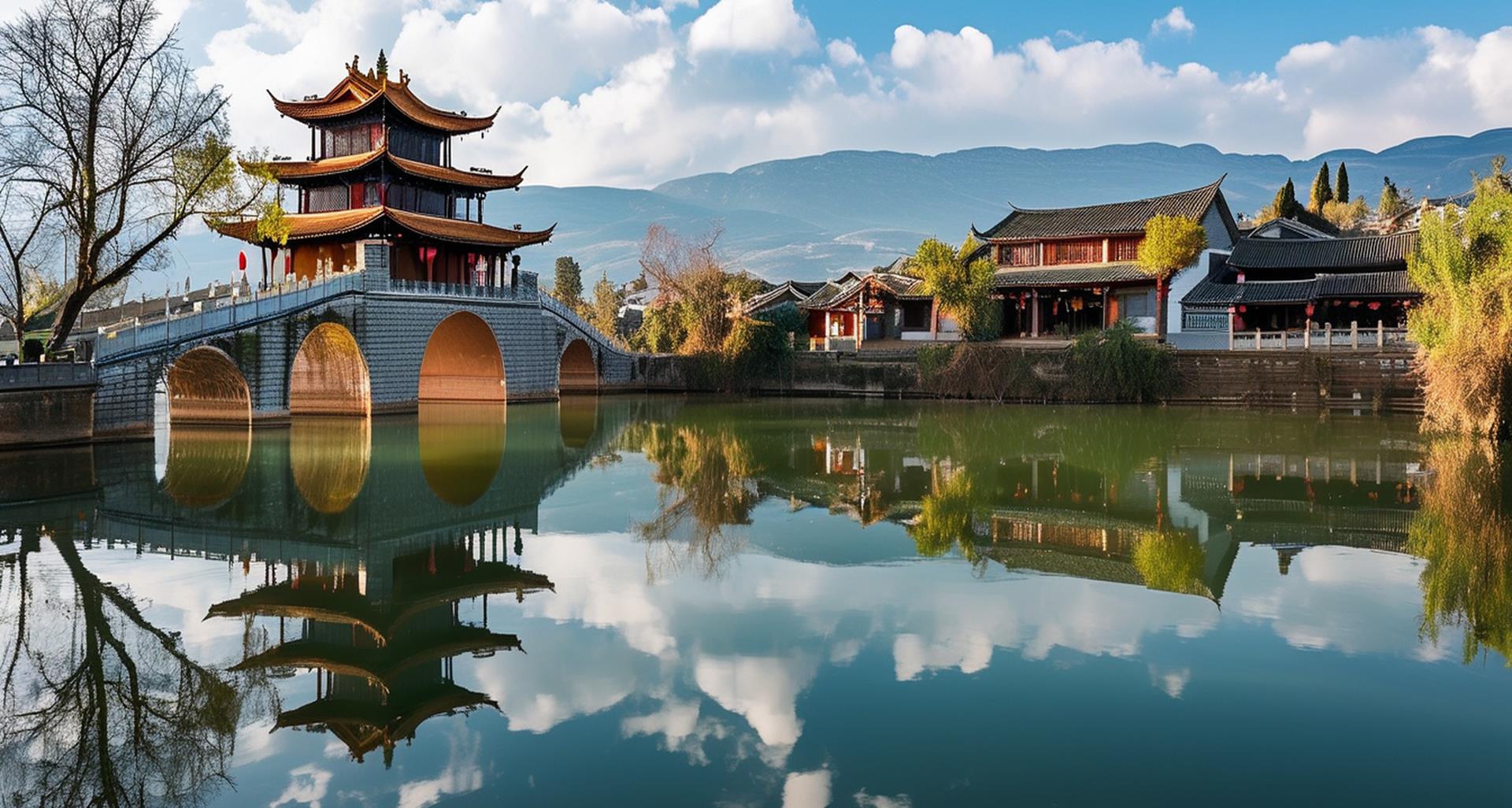Honghe Hani and Yi Autonomous Prefecture is located at the foot of the Ailao and Liushao Mountains in Southeast-Central Yunnan Province. It borders on its southern end on Vietnam's Lào Cai and Lai Châu provinces. Its name is derived from the Hong (Red) River and the two major ethnic minority groups that are based there: the Yi and the Hani people. It is also home to several other ethnic minorities including the Miao, Dai and Zhuang people.
The capital city of the prefecture is Mengzi, which is also known as “the home of Chinese crossing-the-bridge noodles” and “China's pomegranate capital.” Mengzi also has many large silver mines. The prefecture's principal cities are Gejiu and Kaiyuan.
Honghe is most famous for the elaborately cultivated rice fields in the foothills of the Ailao Mountains, known as Honghe Hani Terraced Fields of Yuanyang County. The spectacular fields have been named a UNESCO World Heritage Site.

The terraced rice fields were built by Hani farmers who carved the terraces into the hillsides to create level surfaces on which they could build rice paddies. The resulting landscaping forms a huge and complex network of terraces that stretches across the rolling terrain and creates a dazzling sight that looks like one of the most enormous works of art ever created by the hand of man.
Another special attraction that draws many visitors to the Honghe area is The Swallow Cave. It’s a dry cave in the mountains east of Jianshui, surrounded by a giant forest, where thousands of swallows migrate each spring from Malaysia to give birth to a new generation of swallows.
The Private Garden of the Zhu Family is in Jianxin Street, Jianshui County. It was built by Zhu Chaoying and his brother during the Qing Dynasty. Ornate and opulent, it was the home of a prominent family and has beautifully manicured gardens, splendidly furnished rooms and striking architecture.
The Jianshui Confucius Temple is the largest temple in all of Yunnan Province, second only in China to the Qufu Confucius temple in Shandong Province. The Jianshui Confucius Temple was built in 1285 and is a grand complex of buildings that includes a main hall, two side halls, three pavilions, four gates, five clan halls and eight memorial archways.

And there is Alu Cave, a magnificent ancient limestone cave with three inner chambers and an underground river.
Seasonal highlights for visitors include the festivals of the Hani and Yi people, the New Year Festival of Hani and the Torch Festival of Yi.
Special local products that can be found in the region include Purple clay wares of Jianshui County, tin handicrafts of Gejiu City, rice cakes of Mengzi County, Hani embroidery of Yuanyang County.








